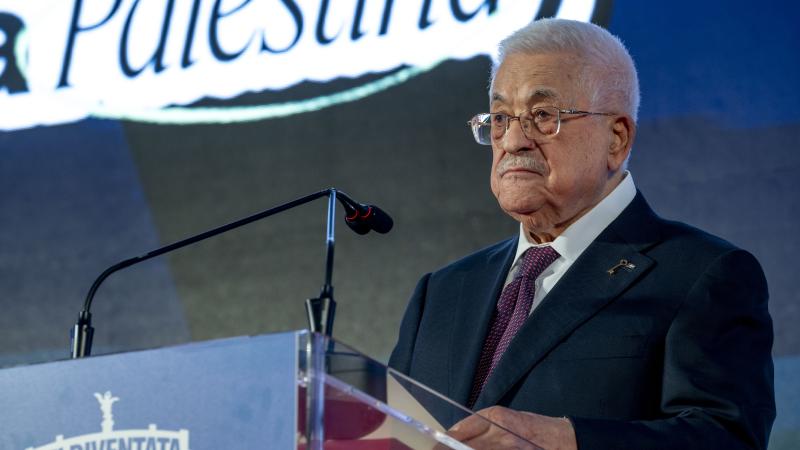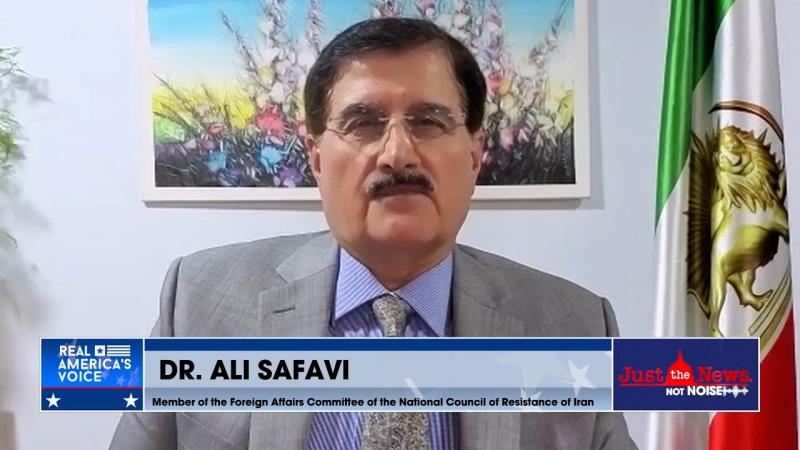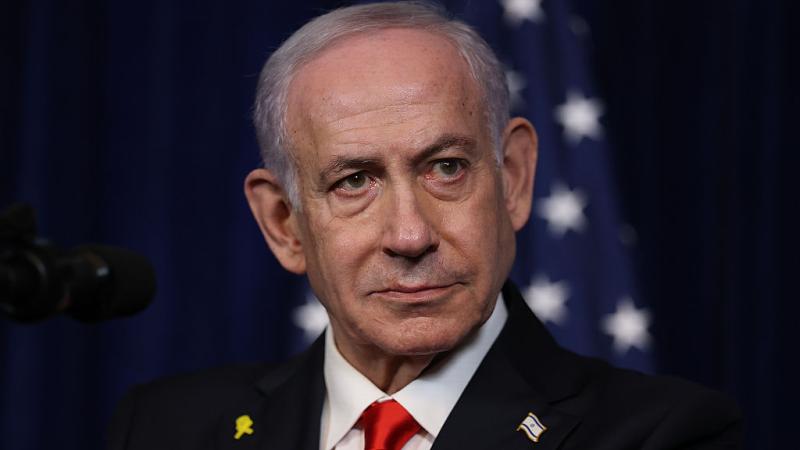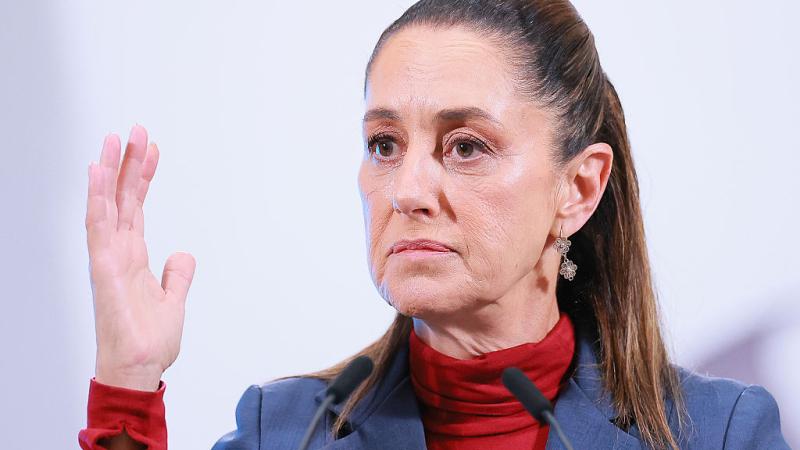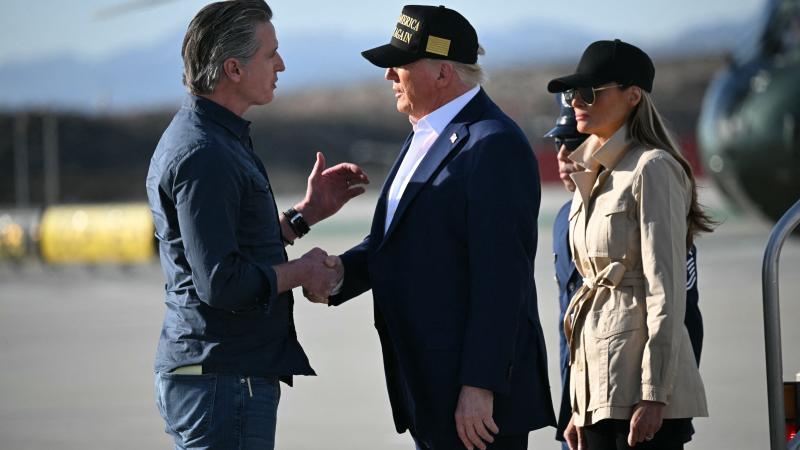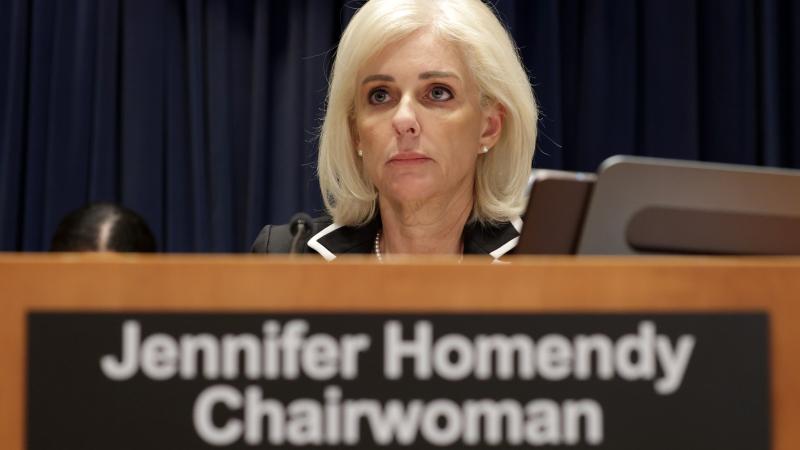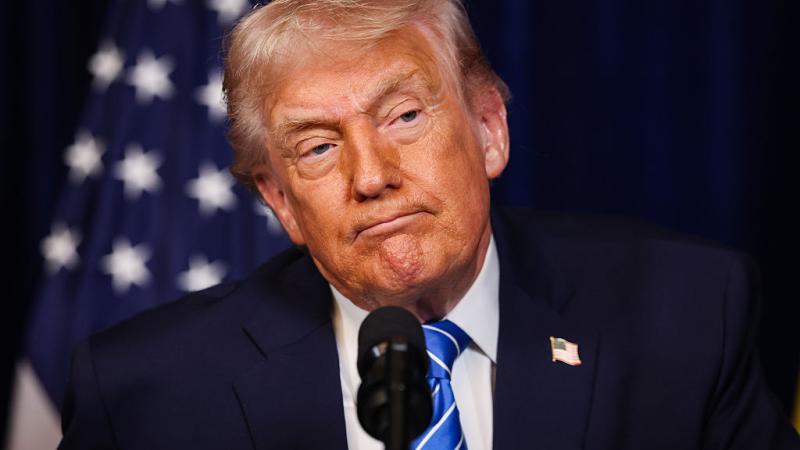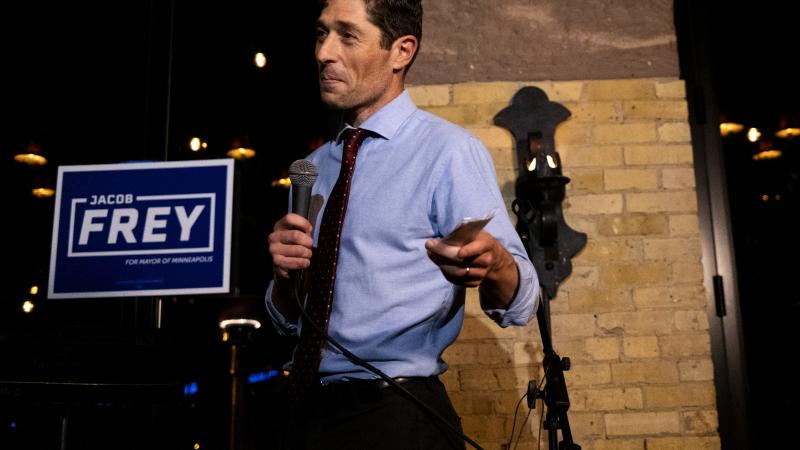Gaza ceasefire under tension as US envoys arrive in the region
Trump administration envoys Jared Kushner and Steve Witkoff touched down in Israel on Monday, seeking to keep the fragile ceasefire together. Vice President JD Vance is expected to follow on Tuesday.
The Trump administration is reacting quickly to preserve the fragile ceasefire between Israel and Hamas as violence over the weekend put the deal under increasing strain.
For now, it appears Israel is also intent on preserving the ceasefire, backing off further retaliatory measures taken in response to an attack on its troops by militants from the Gaza Strip, where it has fought Hamas for two years.
That attack was the latest incident of recent violence in the Palestinian enclave, where Hamas fighters have begun to reassert their control over formerly occupied land, executing collaborators and battling rival factions alike.
Hamas may be crumbling into warring factions
The violent incidents have pointed to a new problem that could make securing a longer-term ceasefire difficult. The recent attack by a group of militants against the Israeli troops suggests the terrorist group’s political leadership may not have solid control over its fighters throughout the enclave.
President Donald Trump’s most important envoys, Steve Witkoff and son-in-law Jared Kushner, were already scheduled to arrive in the Middle East on Monday before the new clash in Gaza. Now, the diplomats are tasked with ensuring that the ceasefire they delicately crafted in Egypt withstands the incident. Vice President JD Vance is also expected to visit Israel on Tuesday.
For his part, President Trump insists that the ceasefire is “still in place,” despite claims from both Hamas and Israel that the other side has violated the terms. The president indicated Hamas’s violent effort to reestablish control was contributing to the tension.
“We want to make sure that it’s going to be very peaceful with Hamas, and as you know, they’ve been quite rambunctious,” President Trump told reporters on Air Force One on Sunday. “They’ve been doing some shooting and we think maybe the leadership isn’t involved in that. Some rebels within, but either way, it’s going to be handled properly,” the president added.
Israeli Prime Minister Benjamin Netanyahu said in a speech to the Israeli Knesset on Monday that his government is committed to upholding the ceasefire as long as Hamas returns all remaining deceased hostages and eventually disarms and cedes political control of the enclave to an international coalition currently being organized by the United States.
Kushner reportedly met with Netanyahu shortly before the speech. The Israeli prime minister also said he would discuss "the security challenges" and "the diplomatic opportunities" with Vance when he arrives.
Israeli troops were attacked and the IDF struck back quickly
On Sunday, Israeli forces launched a series of airstrikes on Gaza and halted humanitarian aid deliveries, alleging that Hamas violated the ceasefire with an attack on Israeli Defense Forces soldiers. Israel later said two of its soldiers were killed by Hamas.
Following the strikes, an Israeli security official said the transfer of all aid into Gaza was being halted “until further notice” because of Hamas’s action, and all border crossings to the territory were being closed. However, the Israeli government walked back those decisions later the same day.
The Israel Defense Forces announced on Sunday evening local time that it “renewed the adherence to the ceasefire” after the “violation by Hamas.”
“The IDF will continue to uphold the ceasefire agreement and will respond firmly to any violation of it,” the military said in a statement on X.
Hamas denied responsibility for the attack. In a statement, the group’s armed wing, the Izzedine al-Qassam Brigades, said that it had lost contact with any militants in that zone after the Israeli invasion.
How to disarm Hamas?
President Trump, his envoys, and the Israeli government have all insisted that the peace deal will ultimately result in the disarming of Hamas fighters and the transfer of political and security control of Gaza to a new administration. However, the terrorist group has, so far, shown no interest in laying down its arms, putting the deal in jeopardy.
In a 60 Minutes interview before their trip to Israel, Kushner and Witkoff laid out the United States’s plan to achieve Hamas's disarmament. But Kushner warned that the terrorist group’s attempts to “reconstitute” in Gaza following the Israeli withdrawal will put pressure on Jerusalem and other partners to establish an alternative government to preempt the group’s resurgence.
“The success or failure of this will be if Israel and this international mechanism is able to create a viable alternative. If they are successful, Hamas will fail, and Gaza will not be a threat to Israel in the future,” Kushner said in the interview.
However, there are no firm details yet on what such an alternative would look like.
Witkoff also said the U.S. plans to propose a “weapons buy-back program,” but did not provide details on how such a program would be implemented.
Hamas reasserts control over Gaza
Meanwhile, as the U.S. and its partners attempt to formulate a replacement, Hamas is moving forward much more rapidly to extend its control to the areas formerly occupied by Israeli forces. The U.S.-designated terrorist group has carried out executions and attacks against rival groups in several areas as it retakes control, targeting both accused collaborators with Israel and rival factions.
Videos of one incident in particular have circulated on social media and in several international news outlets depicting a public execution conducted by Hamas fighters. It is not clear why Hamas targeted these victims, Just the News reported last week.
Official Hamas channels provided some possible insight, suggesting the execution was part of a “security campaign” targeting “collaborators, mercenaries, thieves, bandits, and those cooperating with the Zionist entity,” that is Israel,” throughout the Gaza Strip.”
Hamas also confronted one Gazan family that it considers a rival to its rule in Gaza. The Doghmush family, members of which were prominent in the previous Gazan administration overthrown by Hamas in 2007, confirmed last week that its members had been attacked by Hamas fighters for alleged collaboration with Israel. The family said in a statement that 28 of its members were killed by Hamas after the Israeli withdrawal and denied collaborating with the occupying Israeli military.
Some Hamas cells or "breakaways" may not recognize the ceasefire
U.S. officials have raised the possibility that more violence could be coming, especially attacks on Israeli forces. Vice President Vance said that certain armed Hamas cells may choose not to recognize the ceasefire negotiated by the political leadership. "Some of those cells will probably honor the ceasefire. Many of those cells, as we saw some evidence of today, will not," Vance told reporters on Sunday.
"Before we actually can ensure that Hamas is properly disarmed, that's going to require ... some of these Gulf Arab states, to get forces in there, to actually apply some law and order and security keeping on the ground."
Hamas has also struggled to return the bodies of deceased Israeli hostages to meet the timeline it agreed to as part of the ceasefire, inflaming further tension with the Israeli government.
In addition to returning all remaining living hostages to Israel, which it did last week, Hamas agreed that it would return the bodies of the 28 deceased hostages. However, so far, only nine have been returned.
Hamas has said that it has returned the bodies that it can easily reach, but will need special equipment to locate the others, BBC News reported.
Disarming "highly unlikely" expert says
Hamas’s behavior suggests it is deliberately creating friction to signal its dissatisfaction with the current agreement,” Senior Research Analyst at the Foundation for Defense of Democracies and terrorism expert Joe Truzman said in a statement to Just the News last week.
Truzman also warned that it is unlikely Hamas will agree to disarm.
“When negotiations reach more consequential stages, particularly the issue of disarmament, it is improbable that Hamas will surrender its weapons. Armed movements built on “resistance” ideology do not voluntarily lay down arms; their weapons are central to their identity and power,” he explained. “Disarming Hamas would also require the disarmament of its allied factions in Gaza. It’s a highly unlikely outcome.”
However, he noted that Israel is unlikely to restart the war, even with minor ceasefire violations, because it is concerned about not being “viewed as a reason why President Trump’s ceasefire plan collapsed.”
The Facts Inside Our Reporter's Notebook
Links
- retaliatory measures
- executing collaborators and battling rival factions alike
- also expected to visit
- both Hamas and Israel
- President Trump told reporters on Air Force One
- Netanyahu said in a speech
- reportedly met with Netanyahu
- Israeli prime minister also said
- launched a series of airstrikes
- the military said in a statement on X
- laid out the United Statesâs plan to achieve Hamas disarmament
- carried out executions and attacks against rival groups
- suggesting the execution
- The Doghmush family
- its members had been attacked by Hamas fighters
- Vance told reporters on Sunday
- BBC News reported
- warned that it is unlikely Hamas will agree to disarm
